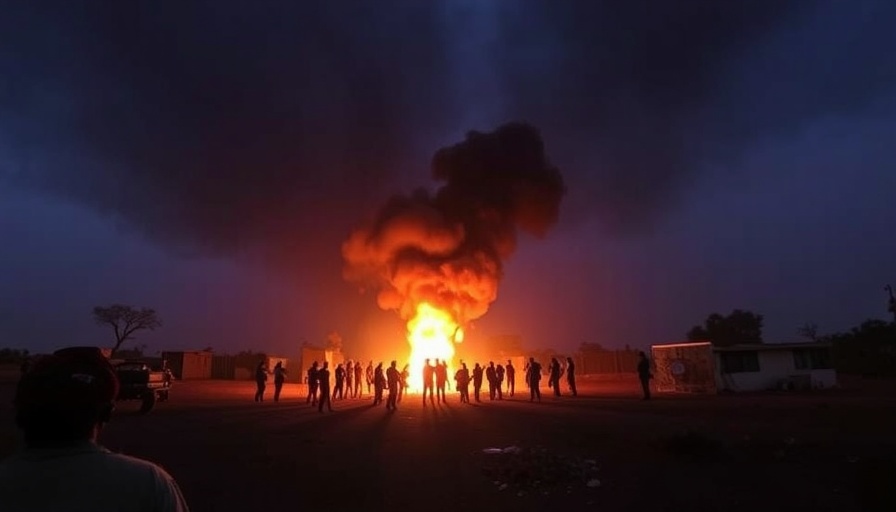
Understanding the Fragility of South Sudan's Peace Agreement
South Sudan’s precarious peace agreement, the Revitalised Agreement on the Resolution of the Conflict in South Sudan (R-ARCSS), is currently in jeopardy, revealing significant vulnerabilities in international monitoring and local governance mechanisms. Despite the initial optimism surrounding the agreement, which was designed to pave the way for peace following a brutal civil war, the reality has proven far more complex.
Failure of Monitoring Mechanisms in the Peace Process
A recent summit conducted by the Intergovernmental Authority on Development (Igad) highlighted a failure in the mechanisms intended to supervise the implementation of the R-ARCSS. Dr. Workneh Gebeyehu, the Igad Executive Secretary, articulated concerns over the disuse of critical security structures like the Joint Defence Board. The erosion of trust among the parties involved has been exacerbated by their inability to address pressing issues such as the drafting of a new constitution and the stalled preparations for elections. These developments cast serious doubt on the future of the peace agreement, which was envisioned as a roadmap towards stability.
The Implications of Delayed Elections
The postponement of elections, previously set for December 2024, signals a troubling trend toward extended governance without proper democratic processes. As indicated by reports from the Reconstituted Joint Monitoring and Evaluation Commission (RJMEC), the extension from February 2025 to February 2027 raises questions about the government’s commitment to fulfill its obligations under the agreement, such as ensuring adequate funding for democratic institutions and addressing human rights abuses.
Humanitarian Crises and the Broader Context
Beyond political instability, the humanitarian situation in South Sudan has continued to deteriorate. Bureaucratic hurdles impede aid deliveries, with recent UN assessments revealing severe constraints on humanitarian access due to floods and violence against aid workers. As the environment for civilian safety becomes more precarious, a significant demographic remains underserved, highlighting the urgent need for comprehensive reform and genuine peace.
Regional Reactions and International Responsibilities
The broader implications of South Sudan's turmoil resonate throughout the East African region. Neighbors such as Kenya and Uganda have shown concern over the potential resurgence of conflict and instability that could spill over borders. Regional leaders are urged to renew their commitment to collaborative efforts aimed at stabilizing South Sudan, focusing on facilitating dialogue among factions and ensuring the full implementation of the peace framework.
Conclusions and Future Prospects
South Sudan finds itself at a critical juncture; armed with the potential for stability yet plagued by deep-rooted distrust, failed institutions, and humanitarian crises. Continued engagement from both regional actors and international stakeholders is crucial. The focus must shift to ensuring automatic compliance with the R-ARCSS provisions and fostering a climate of peace and mutual trust.
Business leaders, policymakers, academics, and concerned citizens must stay informed and engaged, utilizing available platforms to advocate for a unified front in supporting South Sudan’s path to peace.
 Add Row
Add Row  Add
Add 


 Add Row
Add Row  Add
Add 

Write A Comment